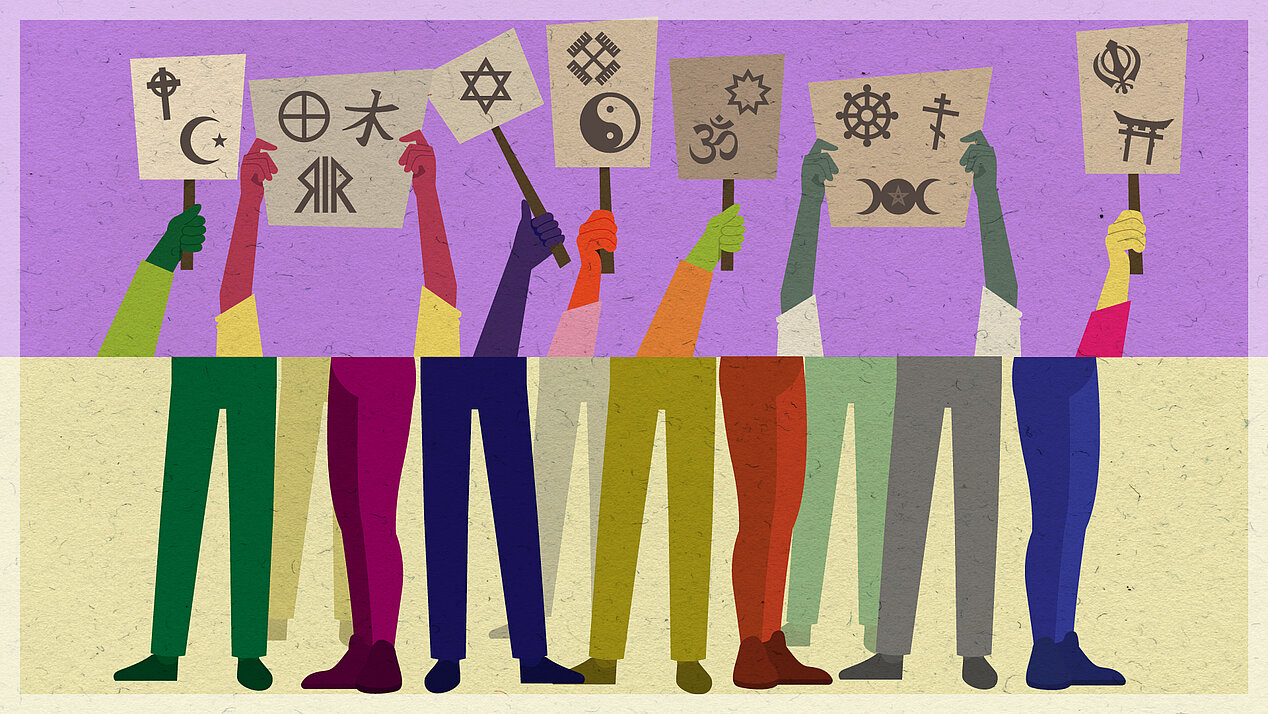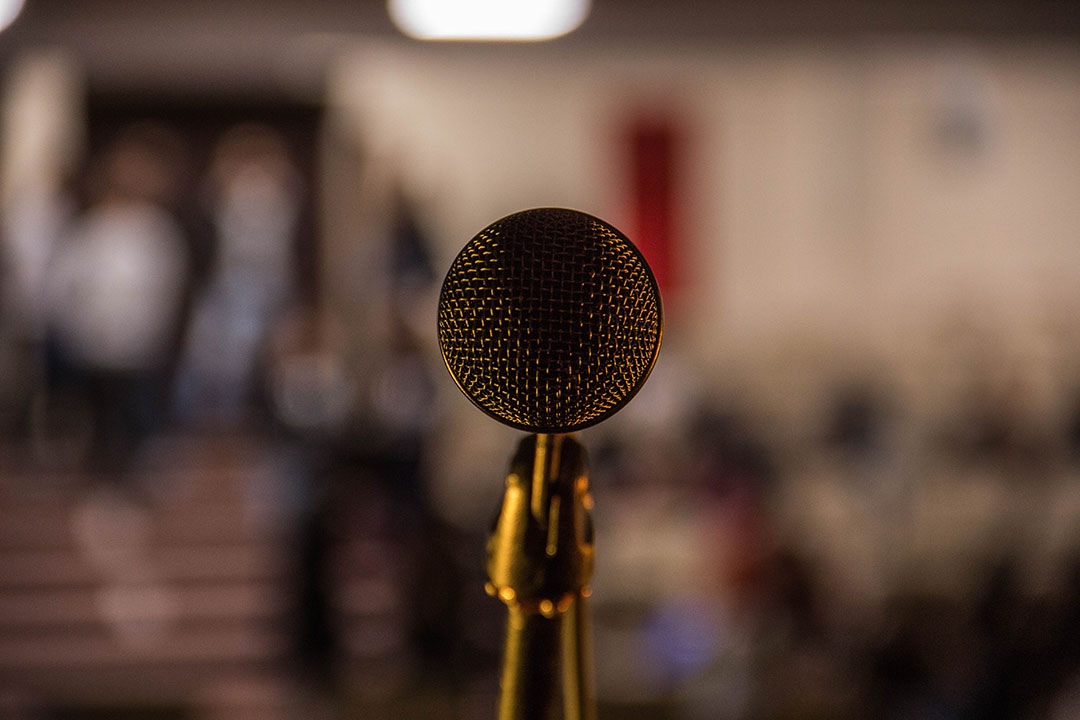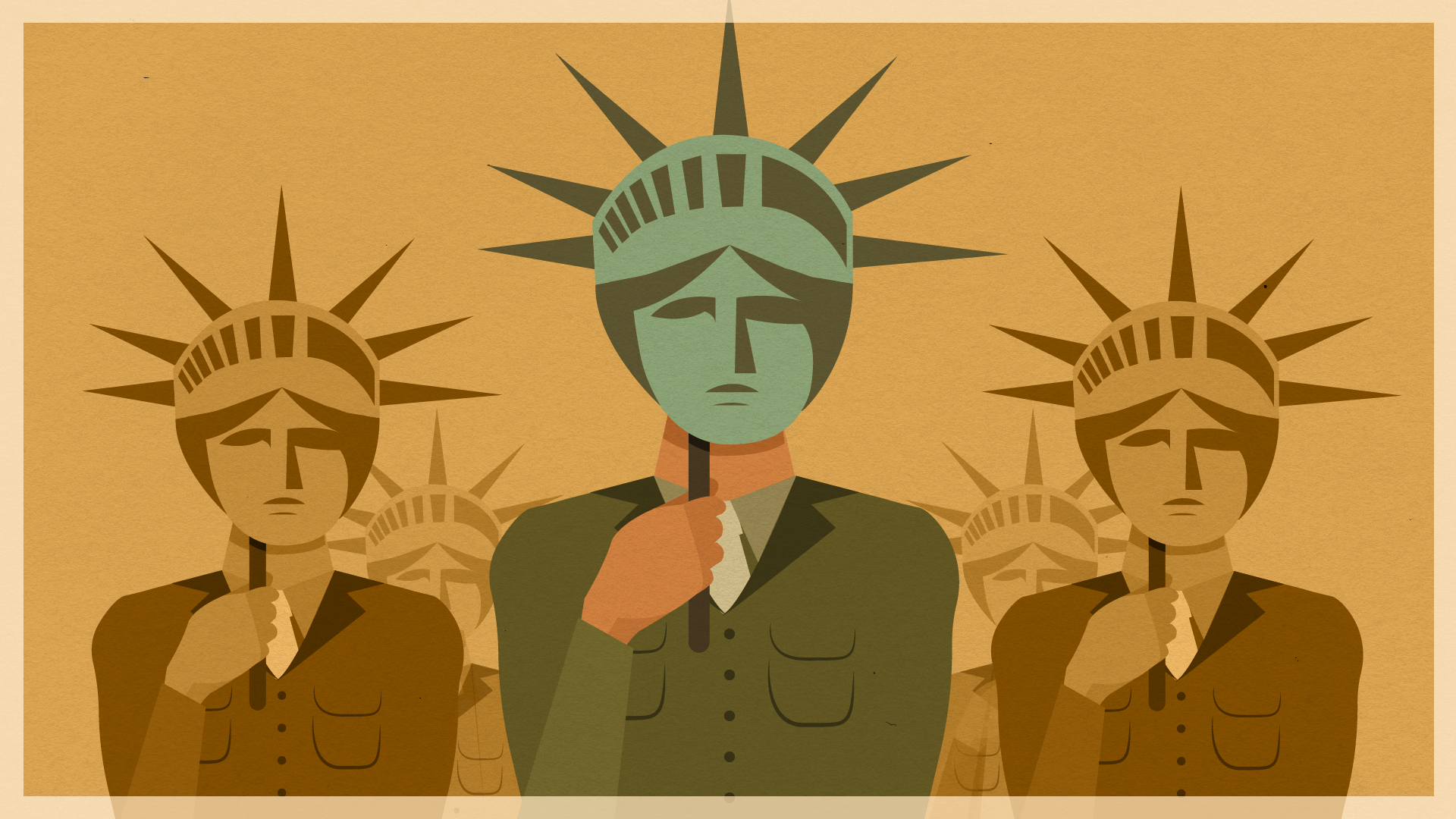Reputation as an Integral Part of International Relations
COVID international relations and as such must be integrated into concepts of security. We should think in terms of reputational security: those elements of a nation’s security which flow from being known in the world, which might range from the business benefits that flow from a positive brand to the diplomatic leverage gained when a country’s culture is admired and seen as relevant beyond its borders.
Soft power is part of this but has tended to be associated with the wealthiest and most visible countries. We have neglected the implications of its absence. The absence of external admiration can be a decisive factor in key moments of crisis. Had Ukraine been perceived differently by the rest of Europe with an identity more clearly separated from its former status as a state of the Soviet Union, it would have found sympathy and support more forthcoming in 2014.
Cultural outreach offers many paths to a positive reputation. The arts, cuisine, sports, or education are all rooted in culture and fall within the remit of cultural diplomacy.
The same reputational deficit counted against Czechoslovakia when its twenty-year-old integrity was threatened by the Adolf Hitler in 1938. The British prime minister Neville Chamberlain explained his policy of essentially abandoning the Czechs by framing their crisis as a ‘quarrel in a far-away country between people of whom we know nothing.’ For the most vulnerable countries – Kosovo for example –cultural diplomacy can be crucial to a future. Think of it as the equivalent of the advice given to potential hostages to tell their captor their name and build a picture of themselves as a real person with parents/ children, hopes, dreams and relevance.
Cultural outreach offers many paths to a positive reputation. The arts, cuisine, sports, or education are all rooted in culture and fall within the remit of cultural diplomacy. Ukraine today – in recognition of this – has invested in expanded cultural diplomacy to promote external knowledge of its distinctiveness. But reputational security need not be limited to the unilateral script. As threats apply to regions as well as individual nations it makes sense to address these threats collectively through collaborative projects.
Western governments have seen the value of assisting in the cultural development of civil society in vulnerable places such as Ukraine, the Baltics or the Western Balkans. It makes sense to provide assistance in the cultural field – projects focused on exchange and dialogue that improve the resilience and quality of life of our neighbours and regions – into a more clearly articulated goal of foreign policy.








